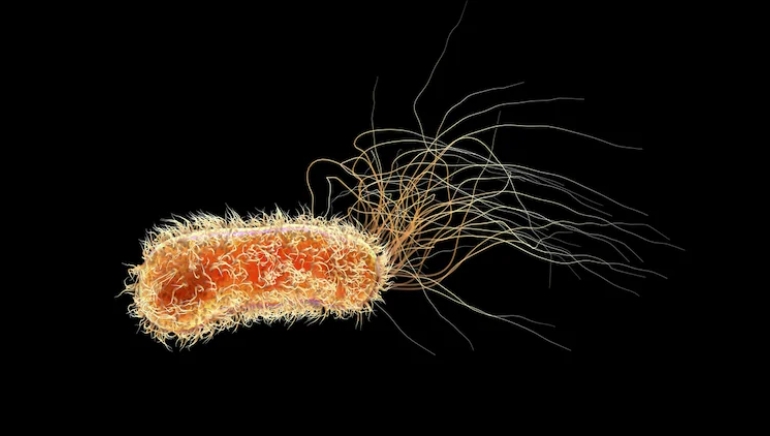Indian scientists at the MACS Agharkar Research Institute (ARI) discovered Methylocucumis oryzae, the country’s first indigenous methane-eating bacteria, or methanotrophs. This bacterium, found in Western India’s rice fields and wetlands, holds promise for solving climate issues. Wetlands, rice fields, and landfills all create methane, a strong greenhouse gas with a global warming potential 26 times greater than carbon dioxide. Methanotrophs assist in alleviating this by oxidising methane, which lowers its content in the atmosphere.
Dr. Monali Rahalkar led the team that discovered this unusual genus, which thrives in methane and oxygen-rich conditions. The bacterium, known as “methane-eating cucumbers” because of its oval and elongated appearance, was discovered in Pune’s Vetal Tekdi quarry. These bacteria help to promote an active methane cycle in this area where there is a lot of aquatic life.
Methylocucumis oryzae is phylogenetically unique, improving rice development by triggering early flowering and increasing yield, despite its modest growth rate, which makes large-scale use difficult. The team’s findings, published in the Indian Journal of Microbiology, emphasise the bacterium’s potential for climate mitigation. Future studies will seek to improve cultivation conditions for greater usage in lowering atmospheric methane.















